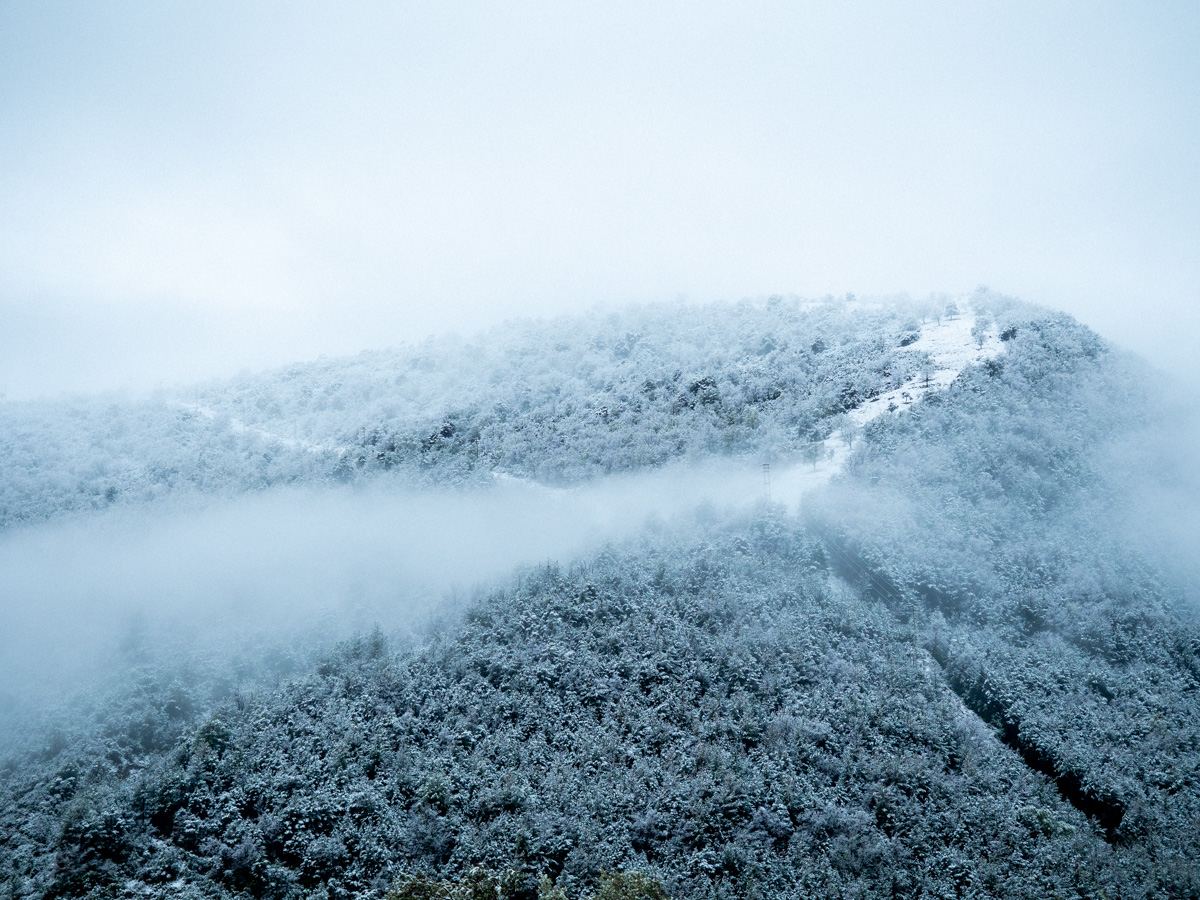Ombligo (texto)
¿Qué es la vida?
Esa es la pregunta que me hice cuando mi padre sufrió un infarto. Sucedió en la casa familiar, una propiedad en las afueras de Barcelona, y faltó muy poco para que no llegara a tiempo al hospital. Unas semanas después del suceso, mis padres decidieron vender la casa familiar para mudarse a la ciudad, más cerca de los médicos y de sus hijas.
Durante los meses siguientes, ayudé a mis padres a vaciar la casa. Entre las cajas y libros polvorientos del desván, encontré ovillados mis recuerdos de infancia. Despojarse de aquellos viejos objetos resultó más difícil de lo que había pensado. Cada bolsa de trastos me dejaba una herida abierta. Cada grieta al descubierto, trazaba una nueva cicatriz.
Al hilo de la narrativa familiar, se iba entretejiendo mi propia historia. Curiosamente, mi pareja y yo habíamos comprado nuestra primera propiedad hacía apenas unos meses. Sin embargo, y a diferencia de mis padres, nos enfrentábamos a una madeja de habitaciones vacías y estanterías por llenar.
El contraste entre ambas experiencias me hizo pensar en el paso del tiempo. Por primera vez, me sentí transitando las fases de un ciclo de vida. Entendí que la pérdida formaba parte del viaje circular.
Reconozco que las nuevas cicatrices me hicieron sentir miedo. Si mi vida ya no era solo mía, sino de todos los que fueron y serán, ¿entonces dónde quedaba mi identidad?
Inconscientemente, con un gesto casi infantil, reseguí mi propia historia, aferrándome nostálgica a mi más antigua cicatriz: el ombligo.

What is life?
That is the question I asked myself when my father had a heart attack. It happened in the family home, a property on the outskirts of Barcelona, and we were fortunate enough that he made it to the hospital on time. A few weeks after the event, my parents decided to sell the family home to move to the city, closer to the doctors and their daughters.
Over the next months, I helped my parents empty the house. Among the dusty boxes and books in the attic, I found my childhood memories curled up. Getting rid of those old items was more difficult than I expected. Every bag of old stuff left an open wound on me. Each crack exposed, traced a new scar.
Along the family narrative, my own story was weaving. Interestingly, my partner and I had bought our first property just a few months before. However, unlike my parents, we were faced with a skein of empty rooms and shelves to fill. The contrast between the two experiences made me think about the passage of time. For the first time, I felt myself going through the phases of a life cycle. I understood that the loss was part of the circular journey.
I admit that those new scars made me feel scared. If my life was no longer just mine, but belonged to all those who were and would be, then, where was my identity? Unconsciously, with an almost child-like gesture, I turned to my own story, nostalgically clinging to my oldest scar: the navel.